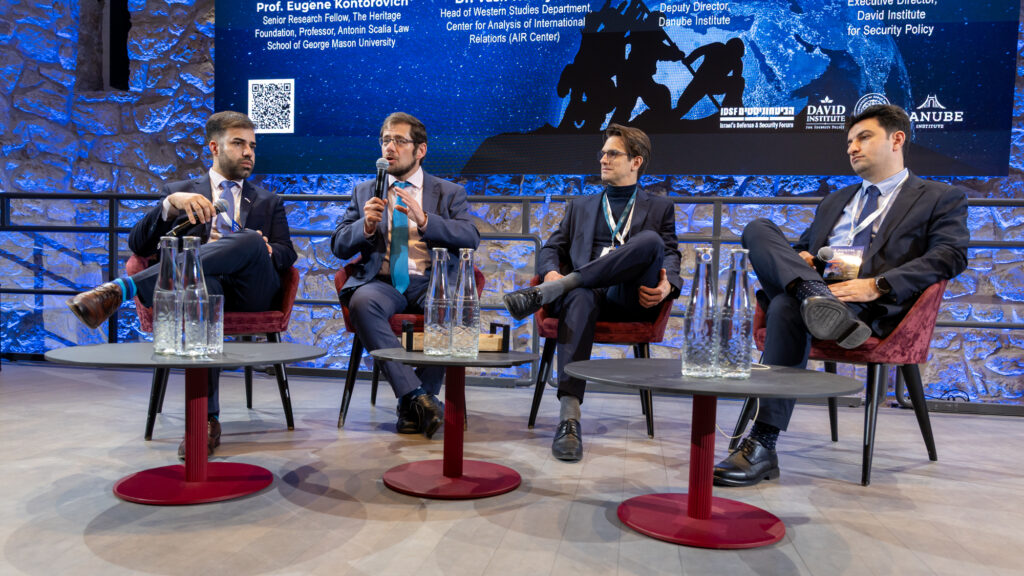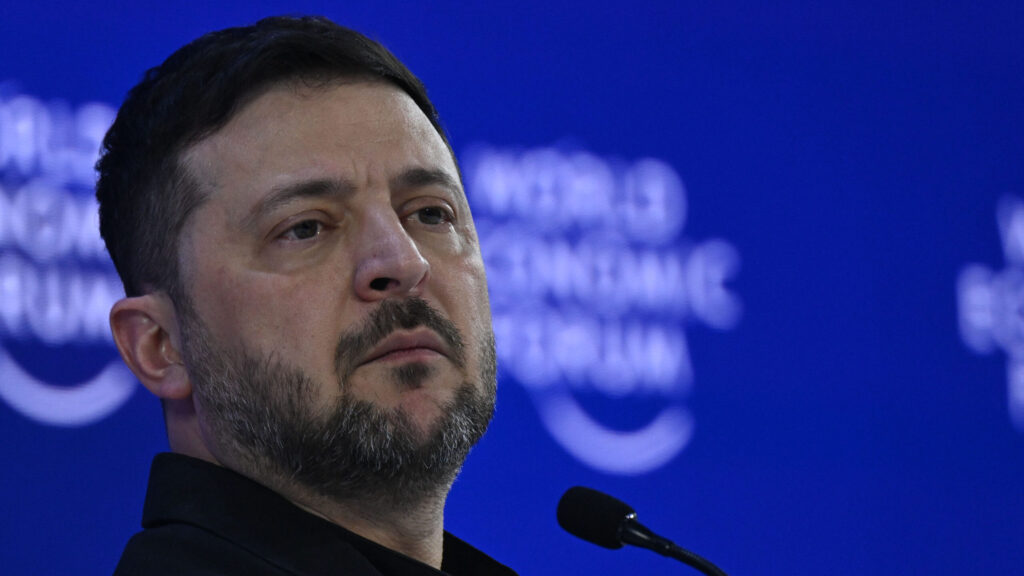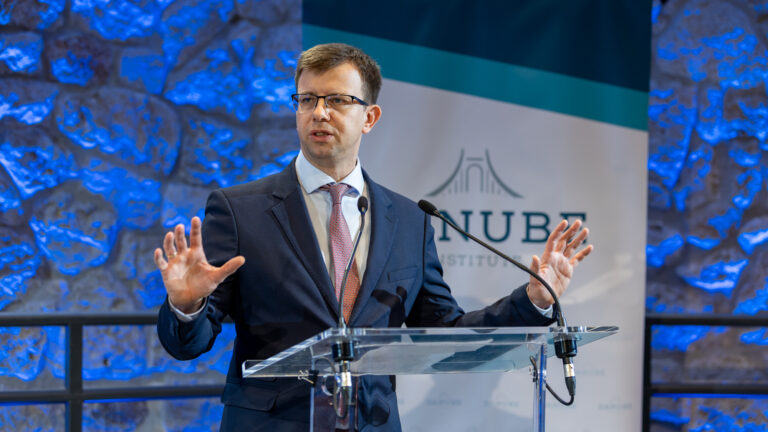The following is a translation of an article written by Vivien Kalas, a researcher at the University of Public Service Institute for Strategic Studies, originally published on the Five Minutes Europe blog of Ludovika.hu.
In the latest Eurobarometer survey, respondents were asked about their views on the EU and its future tasks.
The European Parliament published the results of the latest Eurobarometer survey on 3 September. The survey, conducted in May 2025 among the populations of the 27 Member States of the European Union, focused on the future expectations and priorities of EU citizens, with particular emphasis on security and defence policy, strengthening competitiveness, and responses to global crises. 68 per cent of respondents would like to see the EU play a greater role in addressing these challenges than it does currently, which represents a two percentage point increase compared to the results of the survey conducted at the beginning of the year. At the same time, there has been a slight increase (one percentage point, to 11 per cent) in the proportion of citizens who would like to see less joint action than is currently being taken. Cyprus is one of the biggest supporters of increased EU action, with 93 per cent, while the largest decline—ten percentage points—compared to January 2025 was seen among the Dutch. In Hungary, fewer people would now welcome a greater role for the European Union, while the proportion of those who consider EU action less important has increased by 8 per cent.
When asked which three areas the European Union should focus on most in the future in order to increase its global political influence, respondents highlighted security and defence policy cooperation, increasing European competitiveness, and achieving energy independence. There were four Member States where citizens had a slightly different opinion compared to the EU average. In Spain, Ireland, and Malta, education and research were also among the three areas, and in the latter country, the protection of EU fundamental values was also included among future priorities. Hungarian respondents, on the other hand, identified food security as an important community task.
In keeping with tradition, the survey also included more general questions about the EU. 58 per cent of participants are satisfied with the functioning of EU democracy, and 52 per cent have an overall positive opinion of the EU. Denmark has the most positive attitude towards democracy among the member states (82 per cent), while the Portuguese and Swedes have the most favourable view of the European Union (74 per cent and 73 per cent, respectively). The most unfavourable attitude in both areas is found in Greece. In Hungary, the EU is viewed positively overall, but the percentages are below the EU average.
Related articles:
Click here to read the original article.







